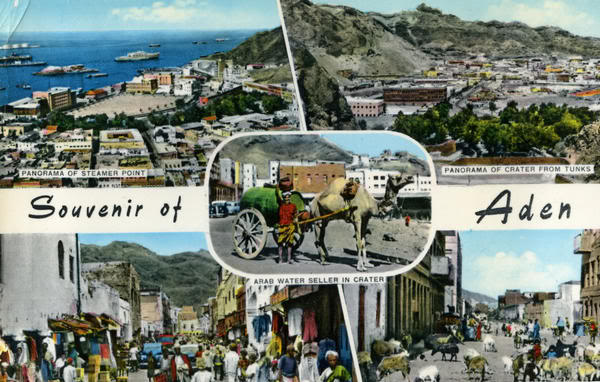Forgive me for injecting a note of realism, but as much as Western leaders seem in thrall to the prospect of democracy sweeping the Arab world, I am filled with dread at what the future holds. There is much heady talk of the benefits of the Arab Spring, from drastically reduced numbers of refugees fleeing repressive regimes, to a welcome boost to global trade as free enterprise takes off across the region, as well as genuine pleasure on behalf of the soon-to-be-liberated masses and the happiness in store for them. If only.
History tells us it will be different. In too many cases, sweeping away a despotic regime has resulted in a long period of turmoil at least, and bitter civil war at worst. The stages are clearly defined: a population lives under the thumb of a ruthless regime; the regime is removed, peacefully or otherwise, with or without external help; then after a brief honeymoon period they descend into factional fighting over the future of their newly liberated country. It is sometimes a long and painful period before peace arrives.
The scars have barely started to heal in the Balkans after Marshal Tito died and Yugoslavia fell apart, giving us the most graphic example of this process from recent times. Within a decade of his demise, we saw vicious intercommunal wars and the spectre of ethnic cleansing, leading to the fracturing of the country into smaller independent states. So bad were the atrocities, there and in Rwanda, that the international community was moved to establish a criminal court to pursue justice for those who suffered. (Update: Ratko Mladic, accused of orchestrating the Siege of Sarajevo and the Srebrenica massacre, has just been arrested. Daily Telegraph, May 26, 2011)
We saw the same pattern in Iraq. Bush and Blair led us into war to remove Saddam Hussein and liberate the Iraqi people. Once liberated, Iraq descended into bitter sectarian conflict stoked by al-Qaeda and Iran. Only now is a truly democratic government beginning to take shape, after countless billions of US dollars expended, thousands of US and allied lives lost, and untold thousands of civilian deaths. Bush was blamed for not having a post-Saddam strategy, we must not make the same mistake again.
But it looks like we are making the same mistake again.
The Egyptian people threw President Mubarek out of office in an amazingly peaceful revolution, however, the cracks are already showing and sectarian violence is rearing its head. What can the West do to prevent an all-out civil war? We already have a particularly bloody civil war taking place in Libya where Colonel Gaddafi is clinging to power by turning his heavily-armed army against what at first was an unarmed civilian population. Charges of war crimes have been filed against him at the International Criminal Court, as they have also against President Assad of Syria who has turned his security forces against his own population. Similar upheavals are taking place elsewhere, in Yemen, and in Iran where the Green Revolution was ruthlessly crushed. Some of the Gulf states too are simmering with discontent.
When you look across the region as a whole, calling it an “Arab Spring” is perhaps naive.
Instead of patronising words, the West needs a strategy for helping the Arab world transition from dictatorship to democracy and fending off those forces that would destabilise it. In other words, we need a Marshall Plan for the Arab world. We need clear goals, and a clear process for achieving those goals.
What we don’t need is to clumsily stitch this together with the Israeli/Palestinian problem and I believe that President Obama is seriously mistaken in trying to do that. The problem, the imperative and the solution are entirely different. Leaving aside Gaza which has its own added complications, both sides already have functioning democracies; both sides are – off and on – engaging in peaceful discussion; neither side is ruled by a dictatorship. The occasional outbreaks of violence are triggered more by outside agents and causes than from within the two sides. Any updated Marshall Plan for the Arab world which aims to facilitate peaceful change, promote democracy and encourage free enterprise is not going to be relevant to Israel and the Palestinians, and including them will simply complicate the matter and alienate the rest of the Middle East.

